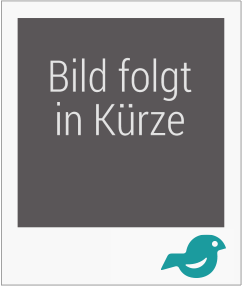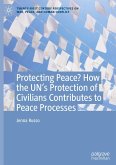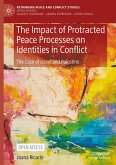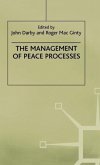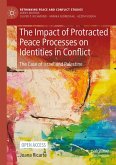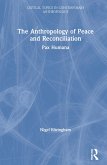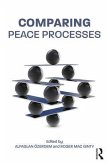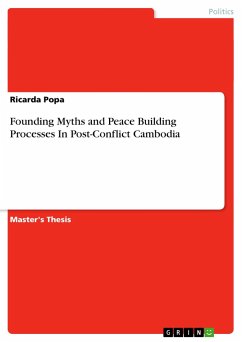This book examines the success of third-party mediation in conflicts in the post-Soviet space. Third-party mediation is the subject of an extensive literature dealing with the resolution of internal conflicts. This volume examines the conditions that contribute to the success or failure of third-party mediation, and the positions and interests of mediators involved in the resolution of intra-state internationalized conflict. These topics are addressed with regard to the frozen conflicts in Abkhazia, South Ossetia, Transnistria, Donbas and Nagorno-Karabakh. The book contributes timely research to a growing body of literature concerned with the resolution of intractable conflict in the post-Soviet space and deals primarily with the role of external actors in addressing these conflicts. It proposes a novel conceptual framework centred on norms, power and interests to cover the relationships developed between third-party mediators and primary parties in secessionist conflicts during negotiations for peace. The book's core argument is that multiple competing proposals for settlement and the clashing interests of third parties often contribute to the increase in spoiling, hindering the opportunity to take advantage of the ripe moment for peace. This book will be of much interest to students of peace and conflict studies, mediation, eastern European and Central Asian politics, and International Relations.
Bitte wählen Sie Ihr Anliegen aus.
Rechnungen
Retourenschein anfordern
Bestellstatus
Storno

